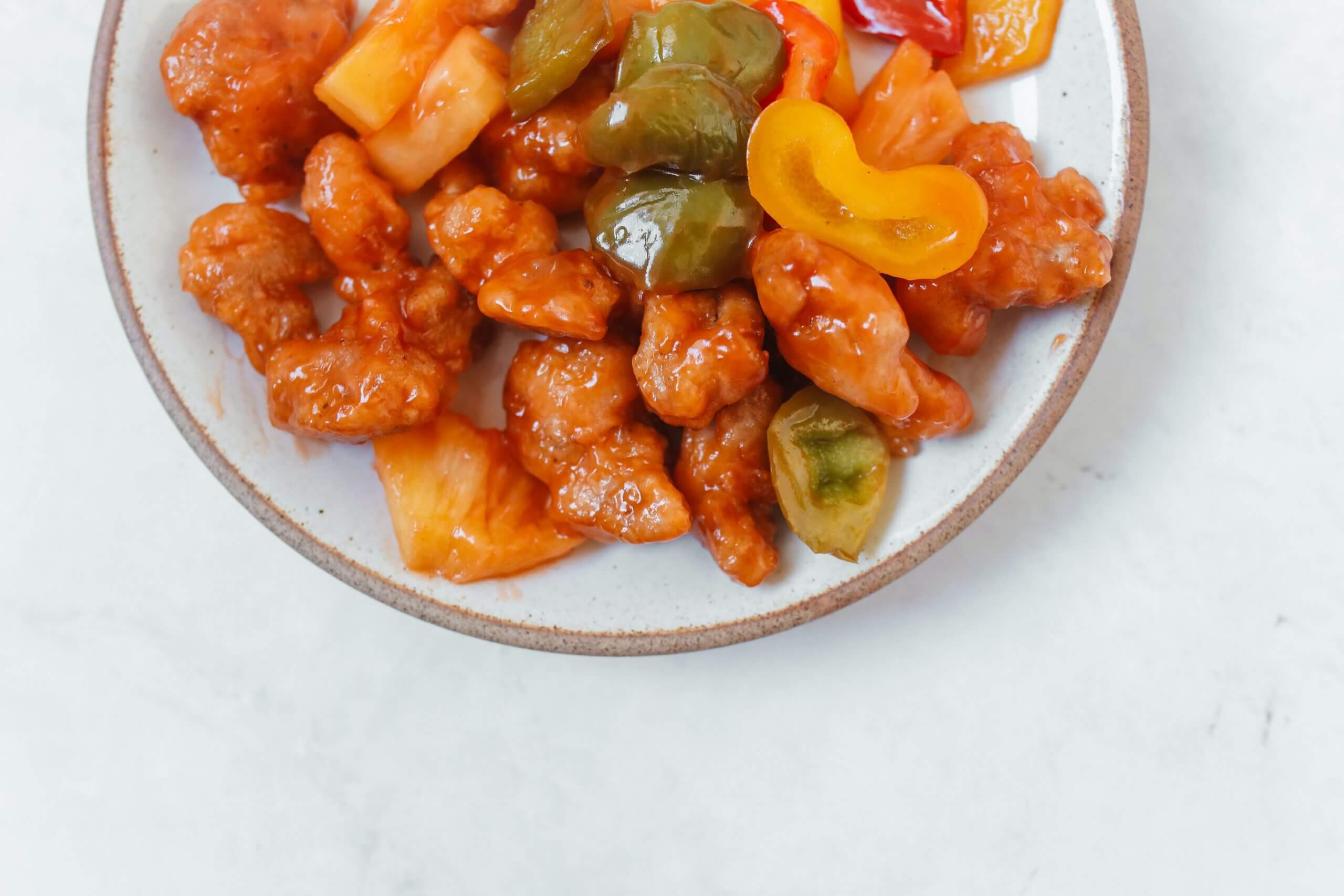Food for Thought: The Connection Between Healthy Eating and Mental Health
By Frive | 23rd May, 2023 | Health & Fitness
Food is not just a source of energy and nutrients for the body, but it can have a profound impact on our mental health. What we eat affects the chemistry of our brain, and consuming the right foods can help in supporting symptoms associated with stress, anxiety, and depression. In this blog post, we will explore some of the foods that can support mental health and how they are incorporated into Frive meals.

1. Spinach
This leafy green vegetable is a nutritional powerhouse packed with essential nutrients like folate, vitamin C, and antioxidants. These nutrients play a crucial role in supporting normal brain health and function. Folate, for instance, helps in the production of neurotransmitters such as serotonin and dopamine, which regulate mood and emotions. Additionally, spinach contains antioxidants that protect the brain from oxidative stress and inflammation.
2. Chia Seeds
Chia seeds have gained popularity for their impressive nutritional profile. These tiny seeds are rich in Omega-3 fatty acids, fiber, protein, and antioxidants. Omega-3 fatty acids, particularly alpha-linolenic acid (ALA), have been linked to a reduced risk of depression and improved overall mental well-being. Fiber plays a crucial role in maintaining a healthy gut-brain connection, as the gut microbiota influences brain function and mood. Chia seeds also provide essential minerals such as magnesium and zinc, which support brain health and cognition.

3. Beans
Black beans and chickpeas are versatile legumes that offer numerous mental health benefits. They are rich in plant-based protein, complex carbohydrates, fiber, and essential minerals. The combination of protein and complex carbohydrates provides a steady release of energy, helping to stabilize blood sugar levels and support overall brain function. Beans also contain folate, which, as mentioned earlier, is involved in neurotransmitter production and mental well-being. Additionally, the fiber in beans nourishes the gut microbiota, which plays a vital role in mood regulation and mental health.
4. Poultry
Chicken and turkey are excellent sources of high-quality protein and contain amino acids necessary for the production of neurotransmitters. Neurotransmitters, such as serotonin and dopamine, play a crucial role in regulating mood, emotions, and mental well-being. Consuming adequate protein supports the production and function of these neurotransmitters, helping to stabilize mood and enhance cognitive function.
5. Sweet Potatoes
This nutrient-dense root vegetable offers a host of benefits for mental health. They are rich in complex carbohydrates, dietary fiber, vitamins, and minerals. The complex carbohydrates in sweet potatoes provide a slow and steady release of glucose, which helps stabilize blood sugar levels and provides a sustained source of energy for the brain. Sweet potatoes also contain a variety of vitamins and minerals, including vitamin C, vitamin B6, and potassium, which contribute to brain health and function.

Frive meal plans are the perfect option for anyone looking to lead a healthy lifestyle. Do you want a sustainable solution to maintaining a healthy diet? Try us today!
What are Macronutrients? We Break it Down in 5 Easy Steps
By Frive | 3rd November, 2023 | Health & fitness

Macronutrients are the foundations of promoting a healthy lifestyle. It is therefore important to know about what they are, their sources and the impact on your body. So we spoke to advanced fitness coach and nutritionist Khalid Keshta. Here he offers his expert knowledge in this area.
Macronutrients and Micronutrients Explained
Macronutrients are types of food that are required in large quantities and are measured in grams. They are fats, proteins, and carbohydrates.
Micronutrients are types of food that are needed in small quantities such as milligrams and micrograms. These include vitamins and minerals.
What is the Difference Between Counting Macros and Calories?
Calories are a unit of energy. Macronutrients are what make up the energy. The effect of the calories is related to weight gain and weight loss. But calories don’t determine your muscle gain and fat loss. The main contribution to this is the macronutrients that make up the calories.
How Does Macro Counting Work?
Each food will have at least one type of macronutrient such as: protein, carbohydrates, fats; or all of them. Each macronutrient has a specific amount of calories per gram. Both protein and carbs have 4 calories per gram. Fat has 9 calories per gram. Which means when you count your macros, you are controlling the calories consumed.
Do Macronutrients Matter for Fat Loss?
If you eat a junk food item like a cheeseburger or something that is worth 300 calories, it is not going to affect the body the same as if you had two meals with the same calories that are made of healthy fat, proteins, and carbohydrates. So they do matter, it is not just about calories.
A Healthy Macro-Friendly Frive Meal?
For Khalid, a healthy macro-friendly Frive meal would be something that has the same amount of protein as it has carbs. So on the current menu, he would go for the satay chicken with fried rice and smashed cucumbers.
